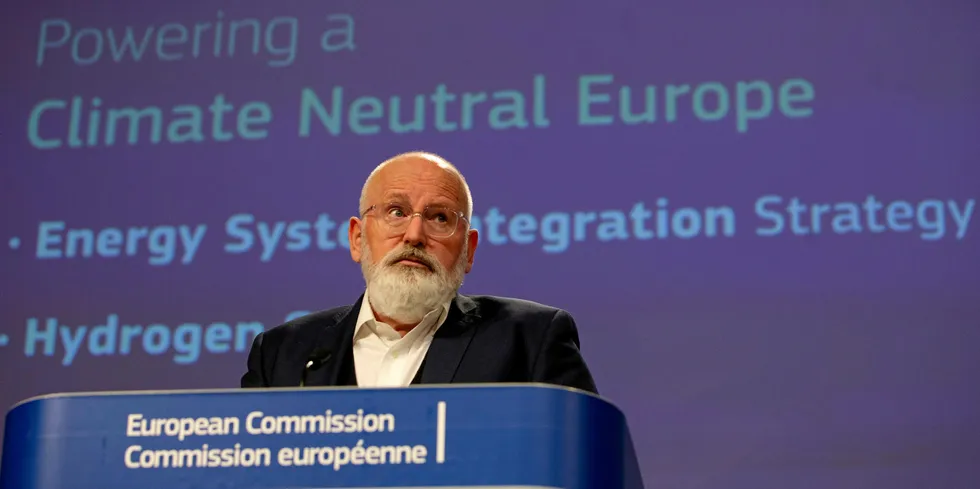Golden age or greenwashing? Mixed reaction as EU unveils new hydrogen and gas market proposals
Legislative proposals announced to create a hydrogen market, decarbonise gas, underpin energy security and reduce methane emissions

Legislative proposals announced to create a hydrogen market, decarbonise gas, underpin energy security and reduce methane emissions
